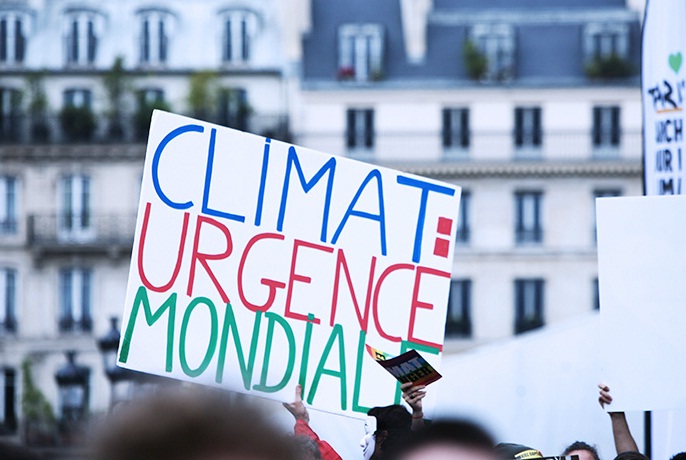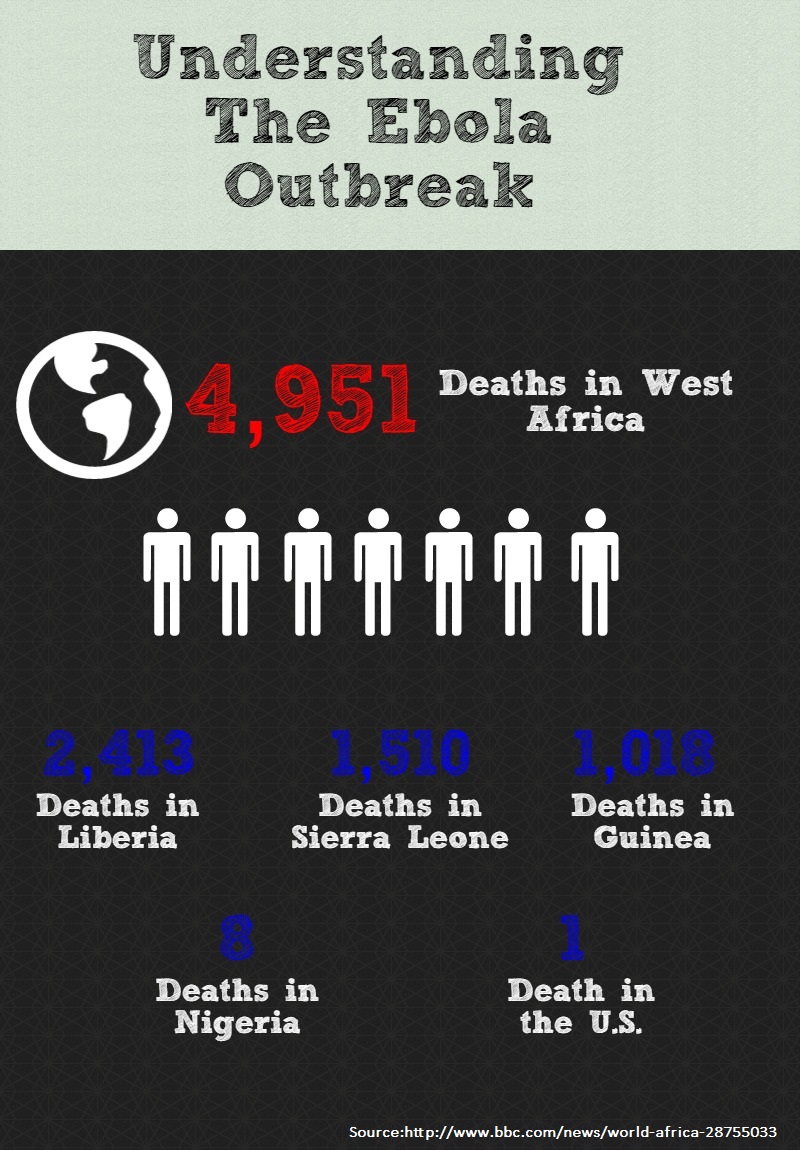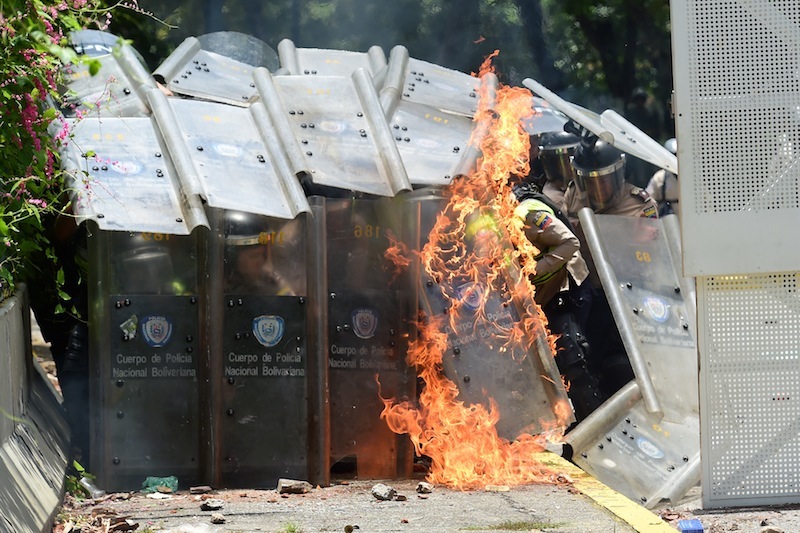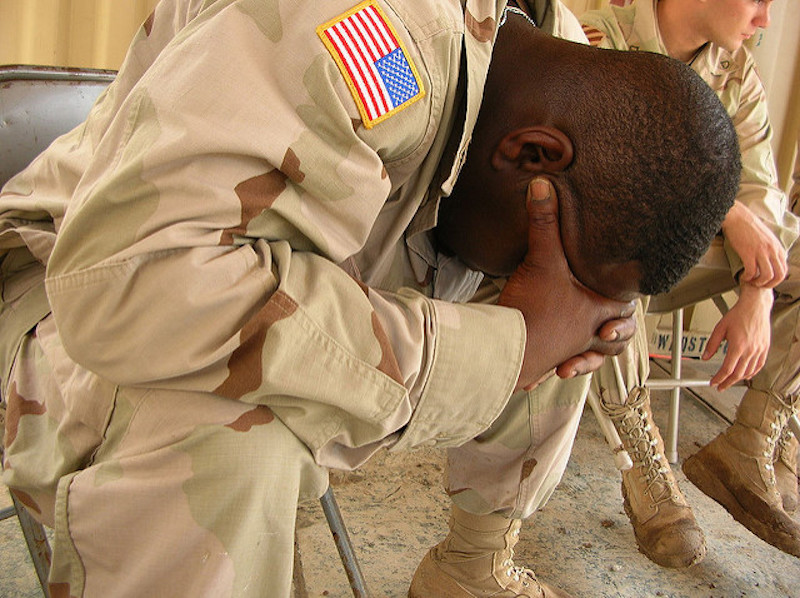Until recently, climate change was a fringe issue largely ignored or dismissed by the general public, a cause for concern chiefly in academic and scientific circles. The dangers of global warming were denied or spun into conspiracy theories, and climate change encountered difficulty attracting public interest or sustained coverage in the news. In the 1980s, the Reagan administration called environmental reports on the growing climate crisis “alarmist,” and subsequently slashed spending on environmental research. This attitude towards global warming set the tone for the 1990s and much of the 2000s. It is only now that 7 out of 10 Americans believe that climate change is real, and 80% of Canadians believe the government should do more to reduce greenhouse gas emissions. As a result, the 195 governments convening at the 2015 United Nations Climate Change Conference (COP21) in Paris this December are under enormous pressure to deliver a universal and legally binding agreement that will effectively combat climate change.
Climate change is at its core a human rights issue. Its effects, including storms, droughts, and floods, can overwhelm current disaster-response mechanisms, undermine developing economies, lead to increasing political violence, and destabilize vulnerable regions. In several countries, brutal droughts are already creating food and water insecurities, access to which is the most basic and essential human right. Ethiopia is currently experiencing a severe drought that has left 4.5 million people in need of food, while 3 million Malawians face an impending food crisis provoked by both severe droughts and flash floods.
Droughts, storms, and floods have also affected security in East Asia and Central America, and California is experiencing its worst drought in state history. This is a notable North American example of the grim socioeconomic consequences of climate change.
Climate change disproportionately affects the human rights and health of the world’s most vulnerable people. The Vulnerable 20 (V20) group of countries from Africa, Latin America, and Asia-Pacific recently met in the Peruvian capital for the first time, where they addressed the urgent need for climate financing. The V20 asked governments to fulfill a pledge to mobilize $100 billion annually by 2020 to help developing nations tackle global warming and afford climate-related expenses.
In some cases, climate-related natural disasters like earthquakes, mudslides, and hurricanes can immediately overwhelm a vulnerable economy. Tropical Storm Erika, for instance, damaged Dominica’s infrastructure so badly that the economic losses added up to half of the country’s GDP. On the other hand, public health endemics caused or exacerbated by climate change put a prolonged and costly strain on a nation’s healthcare system, resources, and economy. In Central America, an alarming outbreak of kidney disease among poor farmers and field workers has been linked to extreme heat and dehydration caused by rising global temperatures. A similar climate-related health epidemic is beginning in northern Sri Lanka, again affecting the country’s most vulnerable rural workers.
In addition to threatening the most basic of human rights, the consequences of climate change will have a significant impact on international security. Climate change can exacerbate conflict by causing mass migration and fuelling social rebellion. A four-year drought in Syria, for example, forced approximately 1 million people to migrate from rural areas to urban centres. This massive influx of ‘climate refugees’ strained city resources and became a contributing factor to the outbreak of the ongoing civil war. Research also cites high global food prices as fuelling the social rebellion that led to the 2012 revolution in Egypt. Climate refugees will be a monumental international security issue in the near future; it is predicted that by 2100, hundreds of millions of people will have abandoned coastal zones as a result of rising sea levels. According to experts, natural disasters forced 14 million people to flee their homes between 2008 and 2014.
The threat climate changes poses to human rights and global security is being increasingly reflected in international law. In response to the growing issue of climate refugees, Switzerland and Norway have launched a joint initiative to improve the legal protection of people displaced as a result of natural disasters and the negative effects of climate change. Further, 2015 saw the first human rights-based climate change case in history filed against the Dutch government. The class action lawsuit on behalf of 886 citizens, filed by a Dutch environmental group, claimed that the government should be held accountable for its failure to protect them from climate change. In a landmark victory for the climate campaigners, a court in The Hague ordered the Dutch government to cut its emissions by at least 25% within five years. This was the first climate liability suit brought under human rights and tort law, but certainly not the last. Belgium has already taken up the cause with 10,000 citizens preparing a similar court case, and another lawsuit is underway in Norway.
If COP21 is to be more effective than its predecessors it must ensure that every country makes a specific, quantifiable pledge rather than vague or conditional commitments. Second, the conference must propose punitive measures to keep governments from breaking or reneging on environmental pledges. Third, COP21 must look at specific measures to protect the human rights of the world’s most vulnerable. Fair and proportionate expectations and adequate climate financing are critical in this regard. These conditions must be met if COP21 is to succeed in its objective of brokering a universal and legally binding international agreement on climate change.




